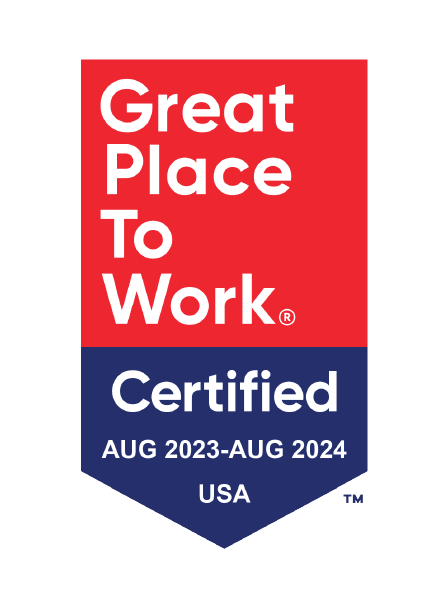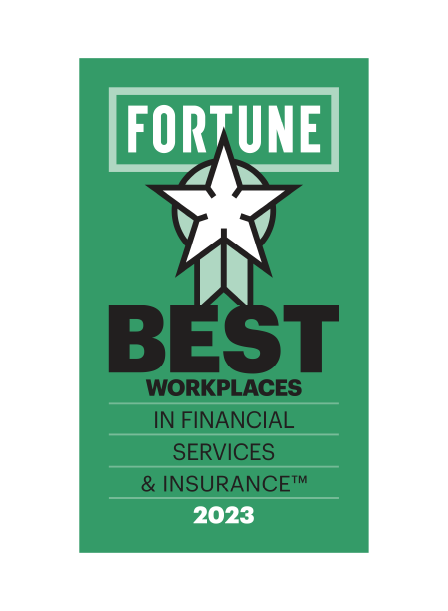BRP IS NOW THE BALDWIN GROUP
Protecting the Possible
Risk management, insurance, employee benefits, and wealth management advisors – simplifying complexity to protect what’s possible.
BRP IS NOW THE BALDWIN GROUP
Risk management, insurance, employee benefits, and wealth management advisors – simplifying complexity to protect what’s possible.
THOUGHT LEADERSHIP HIGHLIGHTS
We’ll filter the noise and provide insights that matter, helping you make informed decisions and keep pace with today’s dynamic world.

Business Insurance
This year’s 3rd annual survey, conducted in collaboration with Nasdaq, provided critical information regarding D&O and Cyber Liability Insurance.

Employee Benefits
It’s an employer’s balancing act to find the equilibrium of costs and top benefits. Let us help guide you to understand how benefits work together to attract and retain talent.

Personal Insurance
Nobody expects to have to file a homeowners insurance claim, but let us help you take immediate action to understand the reasons for the loss of coverage.

Private Client
To help protect you and your family from extraordinary financial loss resulting from an auto or property liability lawsuit, find out how an umbrella policy works.
When you decide to partner with us, we’ll establish streamlined solutions and continually adapt them to meet your changing needs and the evolving insurance landscape.
Collaboration
We start by learning about you and your business in as much detail as possible. Then we partner you with a specialized team that has the insights and expertise to help you achieve your individualized goals.
Commitment
We’re committed to your success, advising based on facts, not assumptions. We continually monitor your situation and adapt our risk mitigation strategy as your needs change.
Communication
Open communication fuels effective relationships and builds trust. We will always be open and intentional with you and your other key advisors, keeping a holistic view into the totality of your needs.
The Baldwin Group offers comprehensive protection for
businesses and individuals.

While risk is inherent in every business, a one-size approach does not fit all. Your dedicated team at The Baldwin Group will help you create an informed strategy to mitigate the risks and unique challenges specific to your business and industry.

As you reach different milestones, your coverage needs change. We’ve got the experience to manage your personal insurance, at all stages of your life – from home and auto to Medicare and more complex solutions, we work with the best to keep you protected.

A robust benefits program can help you attract and retain top talent. Our comprehensive approach to employee benefits delivers strategic solutions that engage your population and align with your organizational goals as well as your employees’ diverse needs, all while managing your overall costs.

Your personal and professional life, goals, and interests are specific to you. And your insurance strategy should be just as unique – tailored to fit your individual needs. Our team helps you map your financial future from all angles to ensure you’re covered when you need it, where you need it.

Dedicated industry specialists connect the dots between your unique challenges and overarching needs to help create a sound risk management strategy.
LIFE AT THE BALDWIN GROUP
Discover the endless opportunities that await when you invest in a future with a vibrant and nationally acclaimed organization.
Careers
Your vision, your goals.
Growth, entrepreneurialism, and continuous learning are what drive our colleagues’ success. We work hard, brainstorm often, and laugh a lot. If you want the opportunity to challenge yourself and learn new skills, we want to talk to you. Interested in a career at The Baldwin Group?


Partnerships
We’re building a forever business
Joining forces with The Baldwin Group grants our partners access to a network of collaborative, like-minded entrepreneurs with a promise to innovate the client experience. We are committed to our partners, colleagues, clients, and community. The Azimuth document outlines our core values and promises to our stakeholders.





From FORTUNE.
©2023 FORTUNE Media IP Limited.
All rights reserved. Used under license.